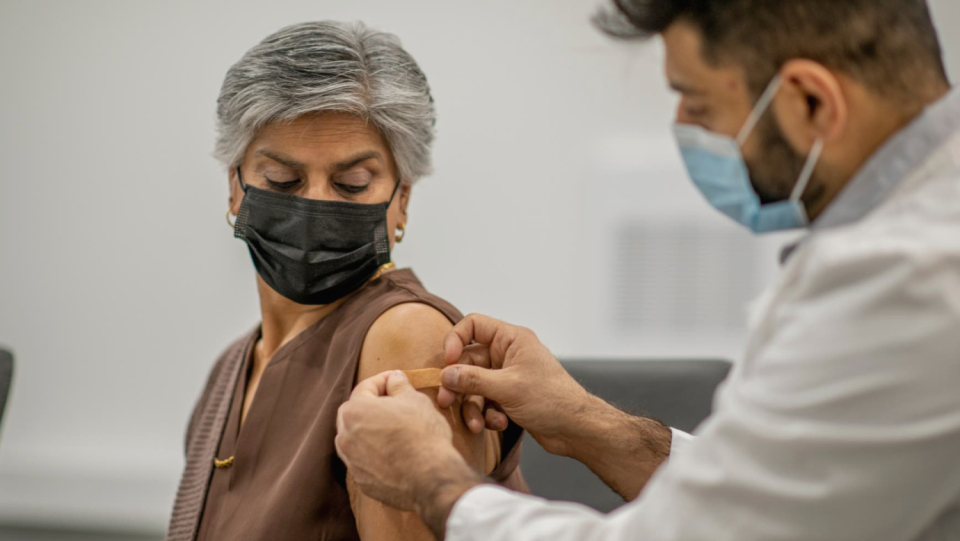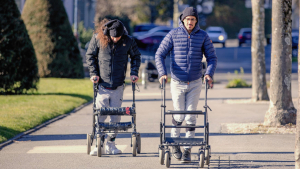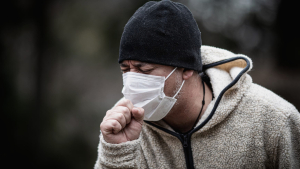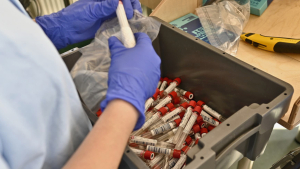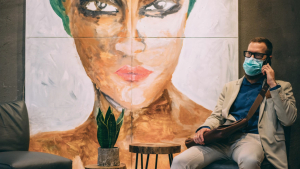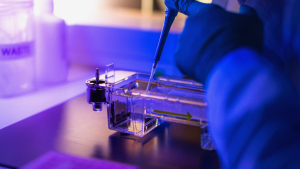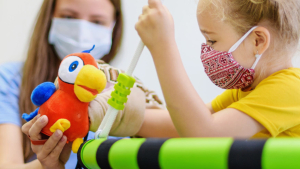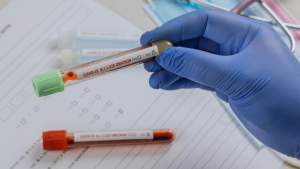According to three new studies, people who have recovered from Covid-19 also benefit greatly from a complete corona vaccination. In addition, one of the three specialized publications states that such a hybrid immunity – if one is both recovered and vaccinated – lasts a long time and provides highly effective protection against a symptomatic disease for at least six to eight months after vaccination.
However, the data was collected before the omikron variant appeared, which strongly relativizes the meaningfulness of the three studies. However, if the results are confirmed, they could serve as the basis for vaccination programs and vaccination passes that are prescribed in some countries for access to publicly accessible locations such as restaurants. The studies also refute claims that vaccination is useless for recovery people.
Exactly this claim was also a trigger for the research on this topic. Brazilian President Jair Bolsonaro "said he already had Covid-19 and therefore didn't need to get vaccinated," explains Julio Croda. The doctor and epidemiologist works for the Oswaldo Cruz Foundation in Rio de Janeiro. Croda and his team analyzed Brazilian data on vaccinations and illnesses to verify Bolsonaro's statement.
BioNTech, Oxford-AstraZeneca, Sinovac and Johnson & Johnson gave people who had been infected with Sars-CoV–2 between February 2020 and November 2021 and then received a dose of vaccine - this prevented up to 45 percent of Covid–19 diseases that would have been expected in this group without vaccination. A complete vaccination with two doses is likely to have prevented up to 65 percent of the expected infections and more than 80 percent of the possible severe Covid-19 cases. "The most important message is: you should be fully vaccinated against Covid-19," says Croda.
Vaccination pass as opposed to immunity pass?
Some authorities take into account previous infections and allow recovered people to go to restaurants or attend concerts. In other countries, however, only the vaccination status counts. Peter Nordström, an epidemiologist at Umeå University in Sweden, and his research group now wanted to test such decisions with the available data. The researchers evaluated information from the Swedish Health Authority, which had come together between March 2020 and October 2021. According to their findings, the risk of contracting Covid-19 was 95 percent lower in people who had already been infected than in people who had no immunity at all. This protection increased in the three months after infection and lasted for at least 20 months after illness. One dose of vaccine reduced the risk of infection by another 50 percent; a second dose stabilized the additional protection in the six months following vaccination.
Although a vaccine increases protection, Nordström suggests also recognizing the immunity that arises from the infection alone. "Maybe we should introduce immunity passports instead of vaccination passports," says the epidemiologist. "One is considered immune – and thus less at risk of infection - if one is fully vaccinated or has undergone a documented previous infection.«
The third study wrote the epidemiologist Victoria Hall from the British Health Authority in London together with colleagues. They examined the diseases of thousands of health care employees in the period from March 2020 to September 2021. The research group found that previous infections prevented more than 80 percent of possible covid 19 cases, as expected in the year after the disease would be. After a year, protection dropped to around 70 percent. Recoverate study participants who received two doses of the Biontech or Oxford astracial vaccine were protected almost 100 percent for at least six to eight months after the second dose. "The protection decreased over time after the vaccination and after the infection, but remained constant with those with hybrid immunity," Hall wrote in an email to "Nature".
Epidemiologist Miguel Hernan of the Harvard T.H. Chan School of Public Health in Boston also emphasizes that the studies support the great benefits of full vaccination. However, some countries have agreed on guidelines that encourage convalescents to get vaccinated with just a single dose. This move "may be justified in times of vaccine shortages, but not otherwise," Hernan said by email.
Vaccination and infection - twice keeps better
The study results would confirm earlier examinations. This emphasizes Dan Barouch, virologist at Beth Israel Deaconess Medical Center in Boston. "A vaccination after an infection or an infection after vaccination leads to a particularly strong antibody reaction." However, Barouch points out that all three studies are based on data that was collected before the omikron variant. He and other experts therefore warn that recovered people could insufficiently protect against newly occurring viruses.
Epidemiologist Dan Kelly of the University of California, San Francisco, agrees with Barouch. Omikron is so different from the strains studied in the studies that the results may not apply to people who have become infected with Omikron after vaccination. His advice to this group: "Be very careful."







